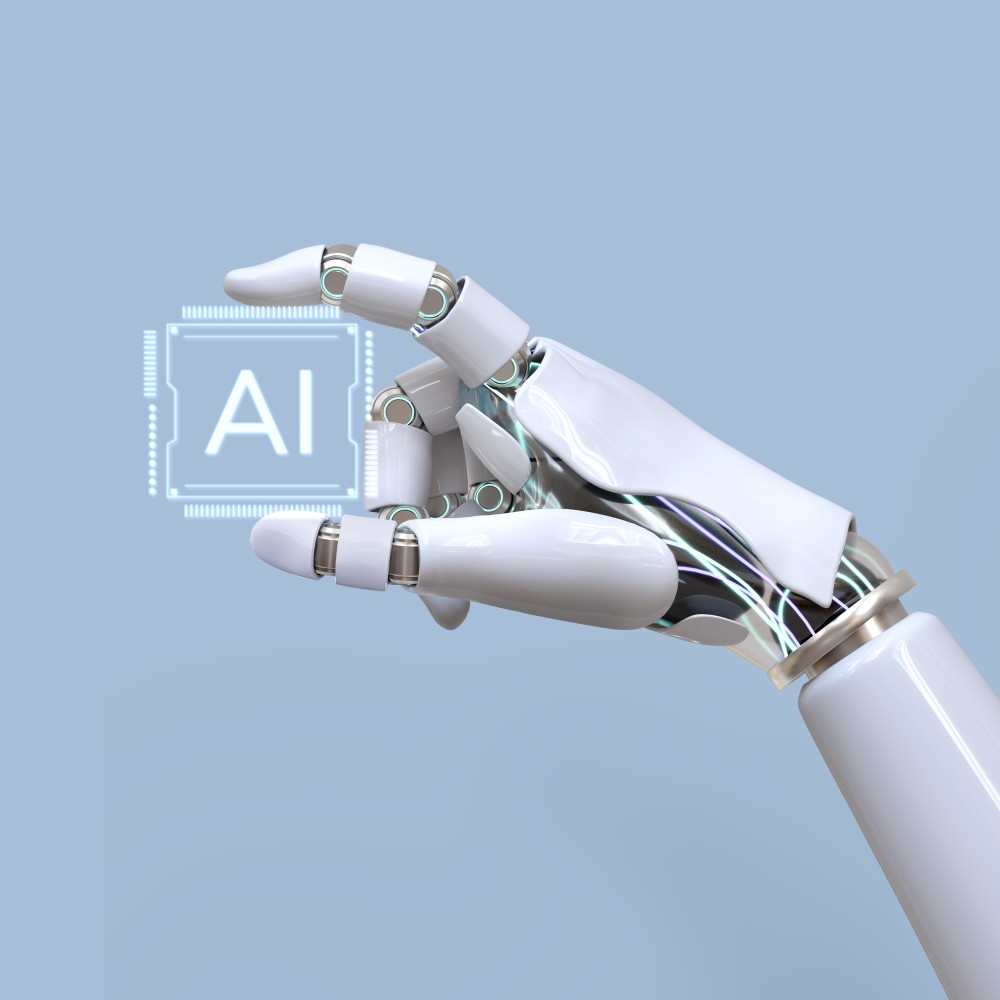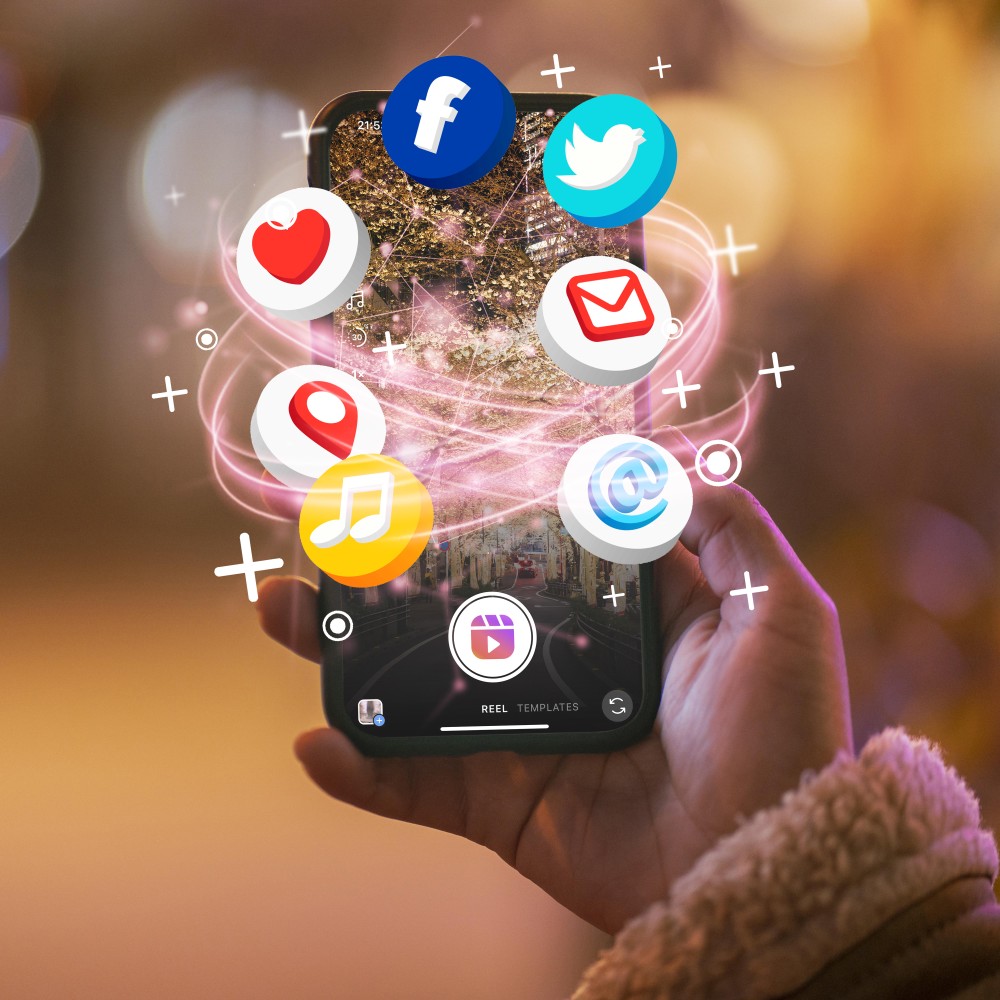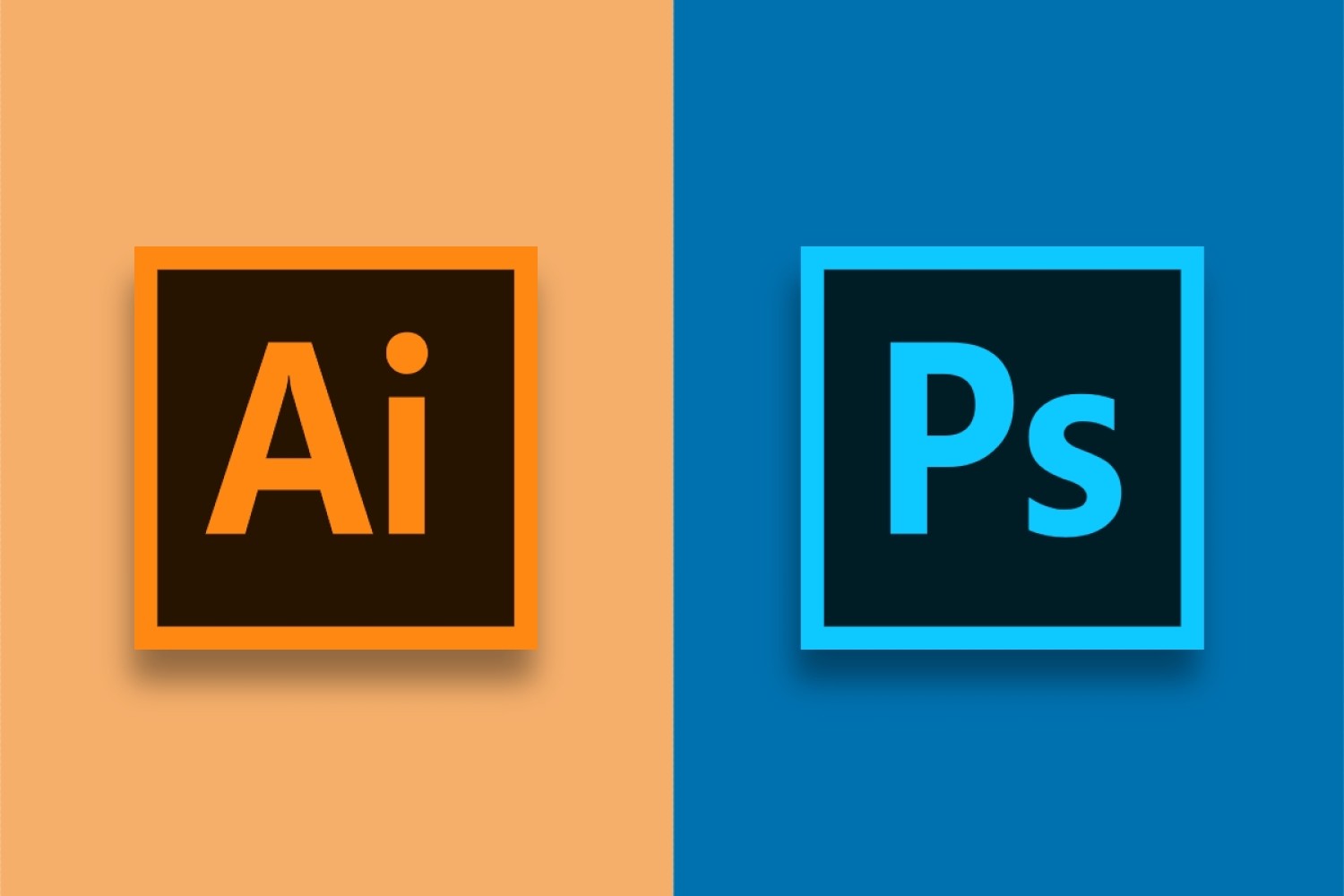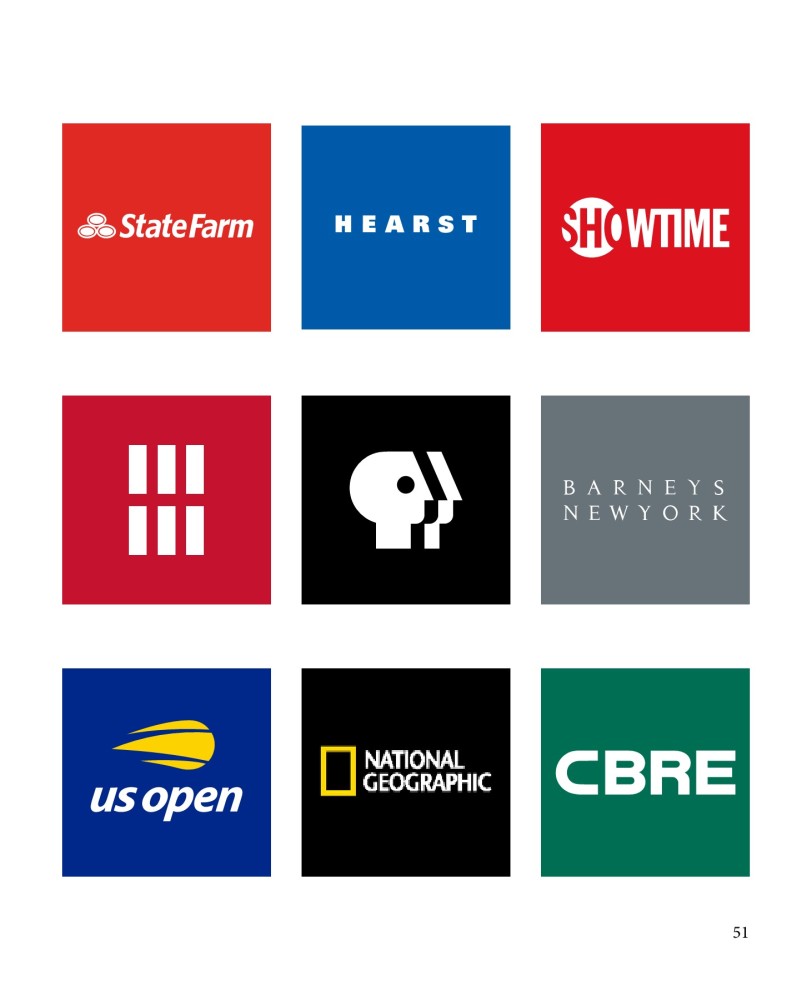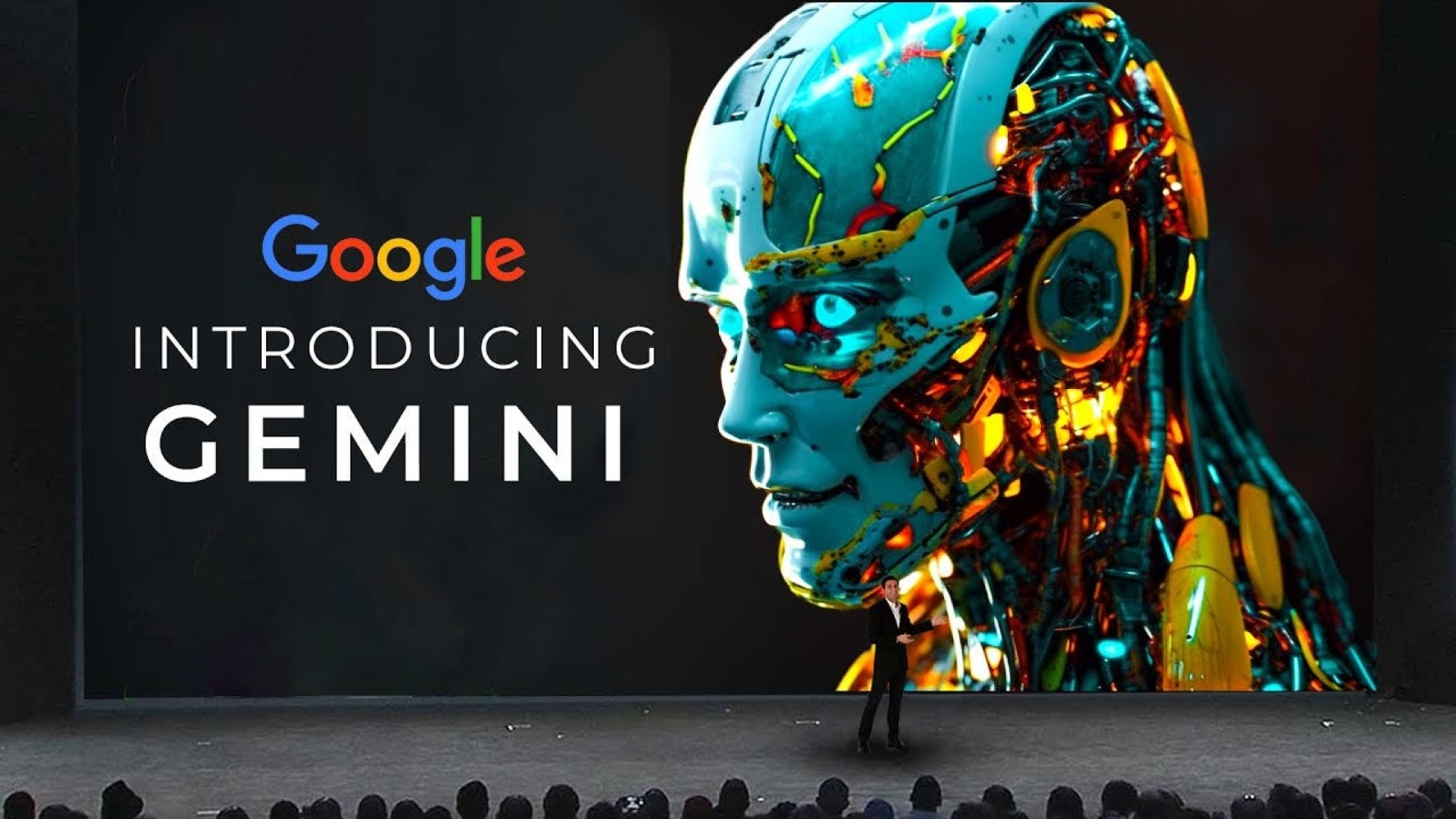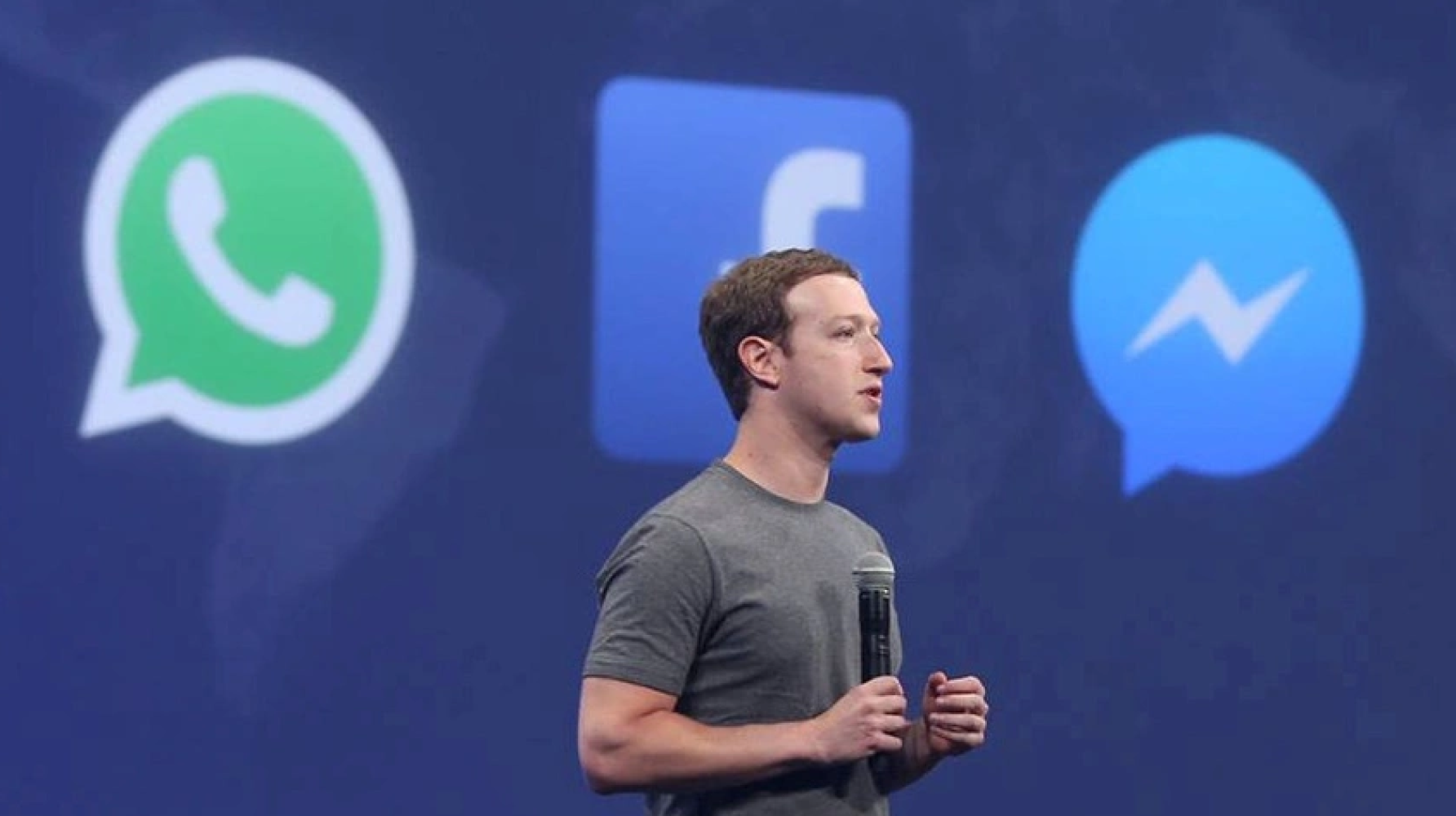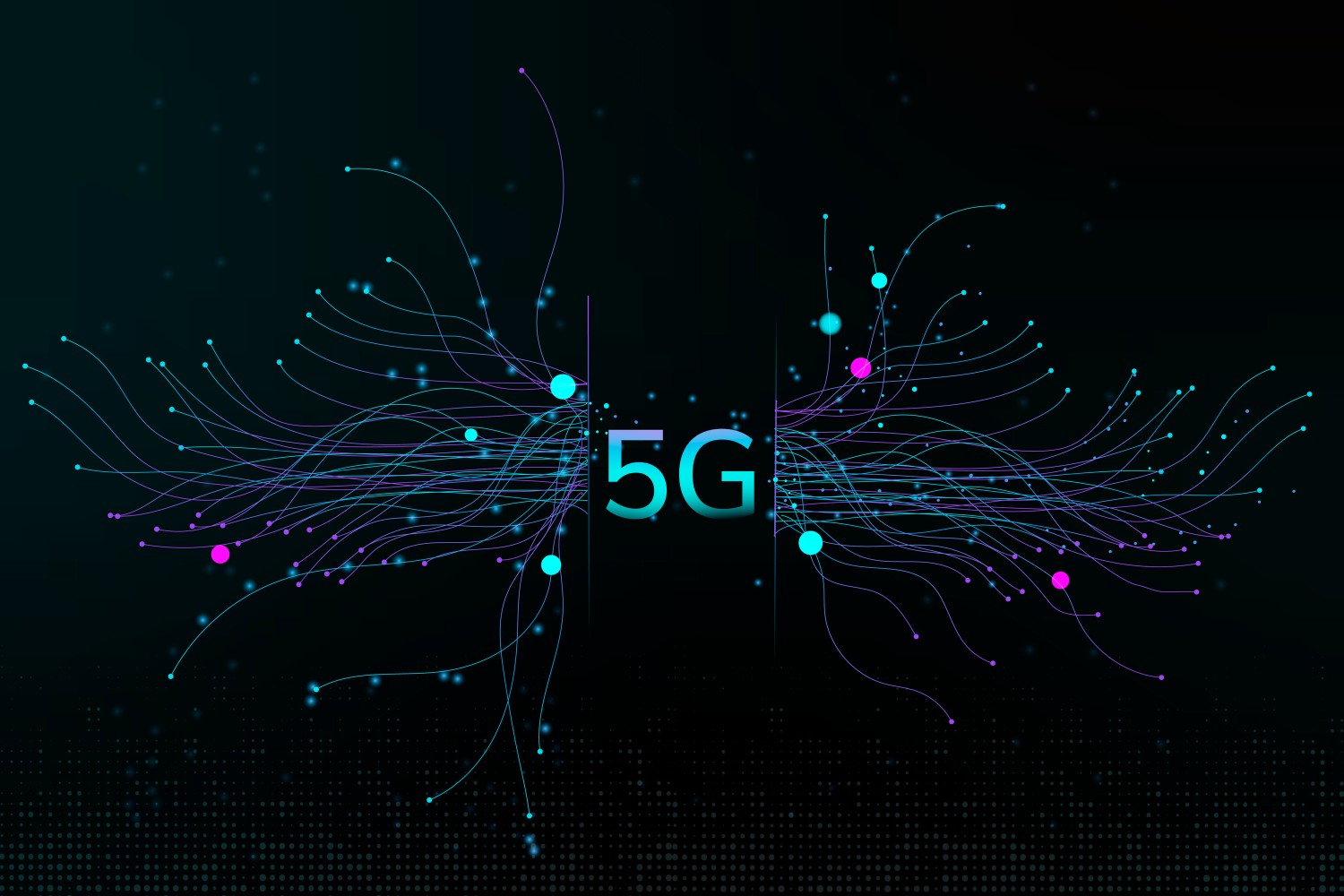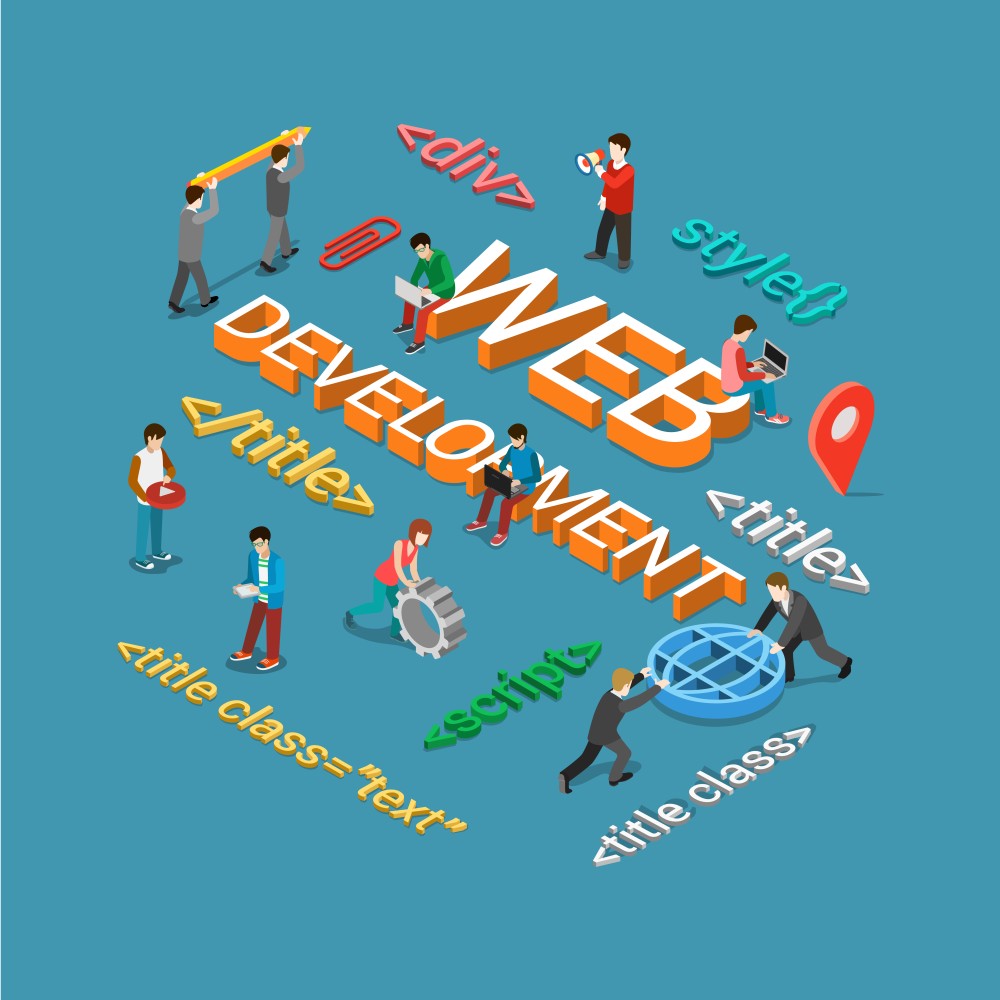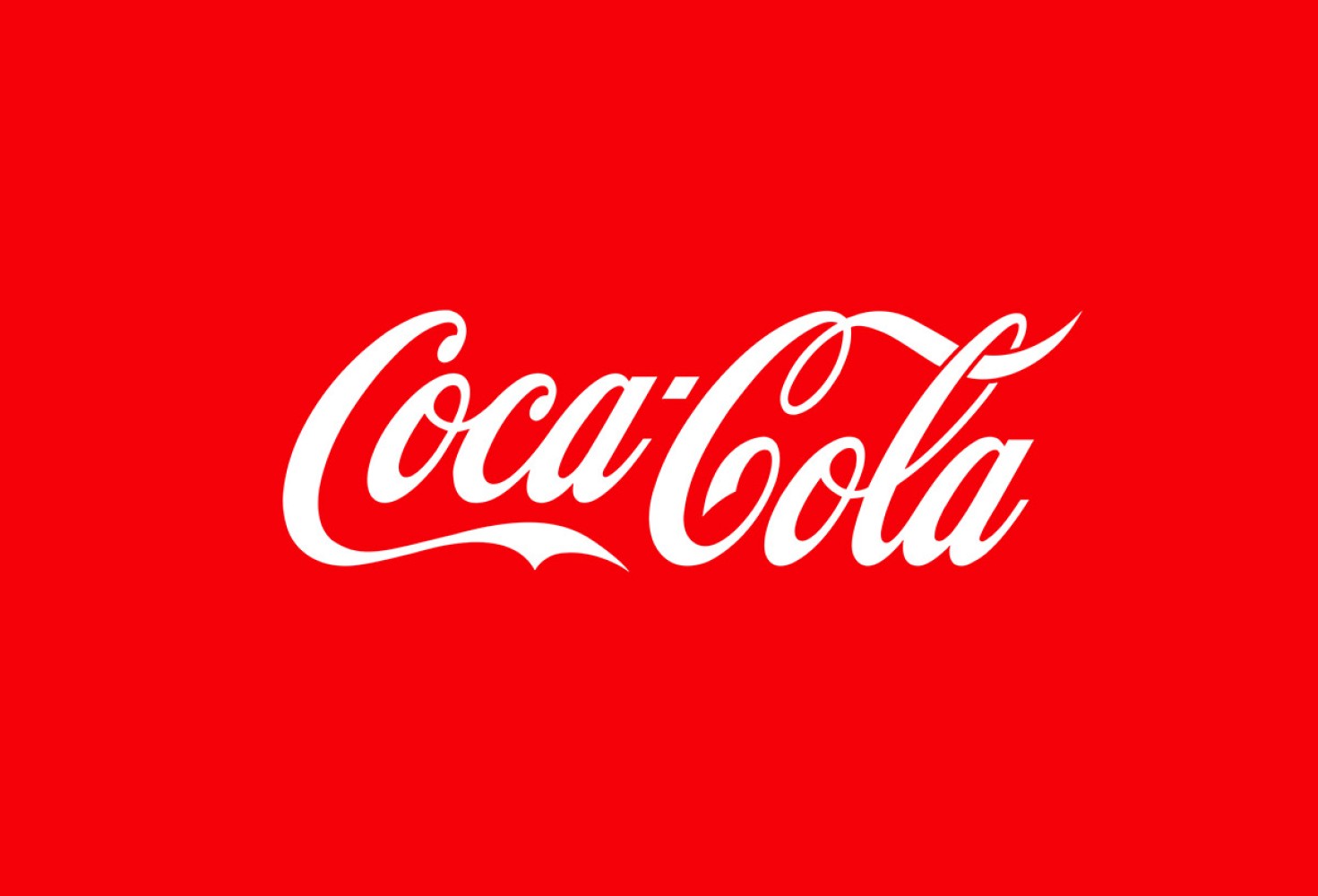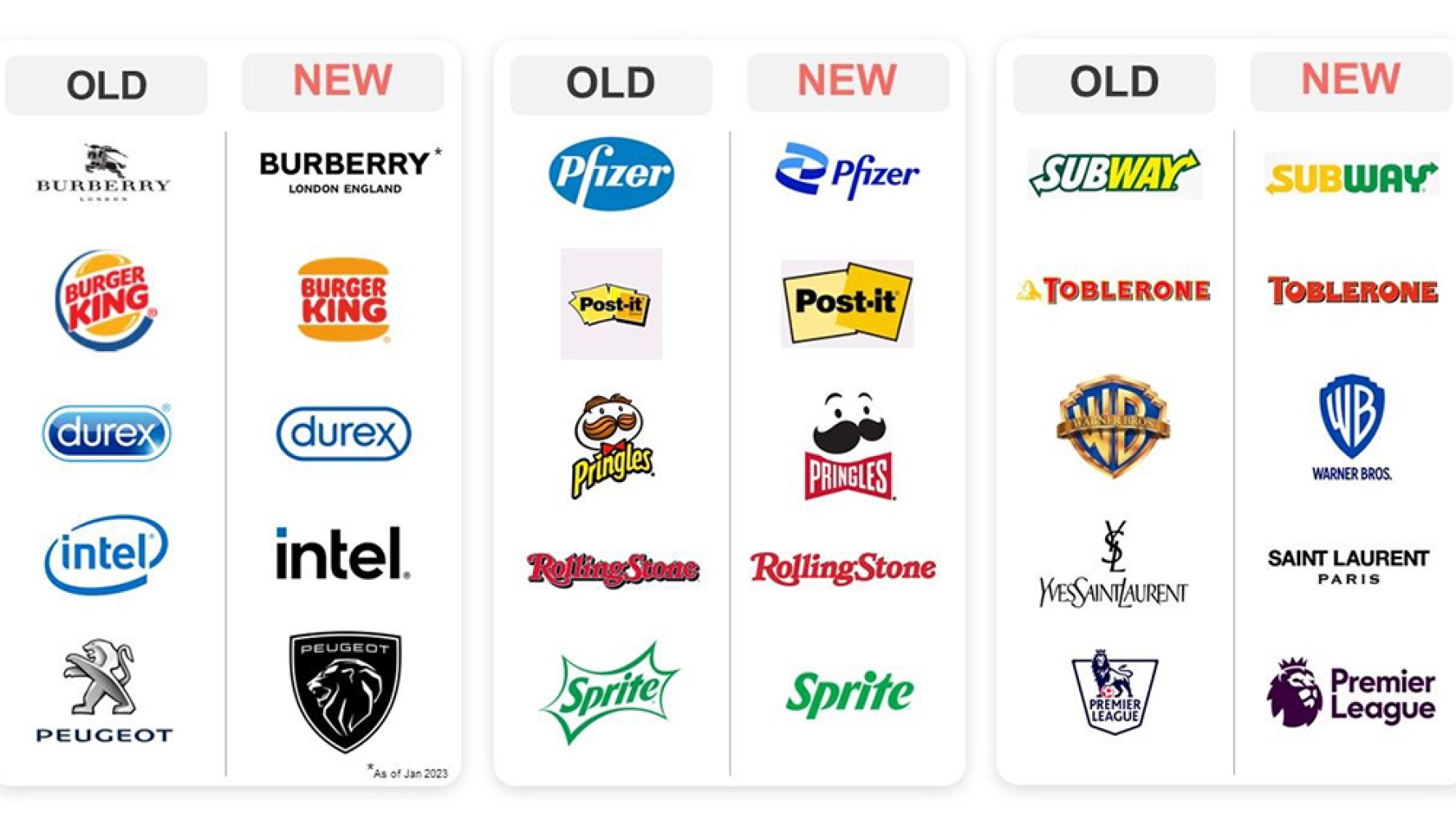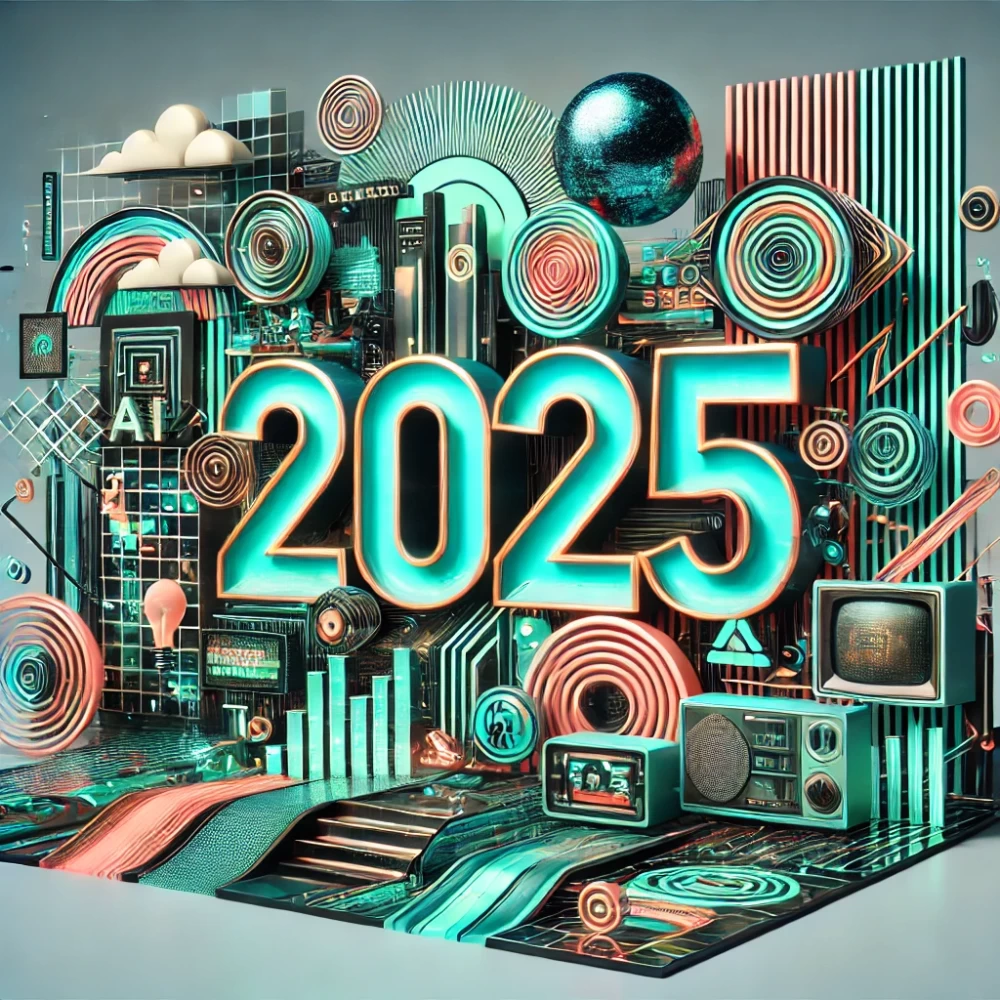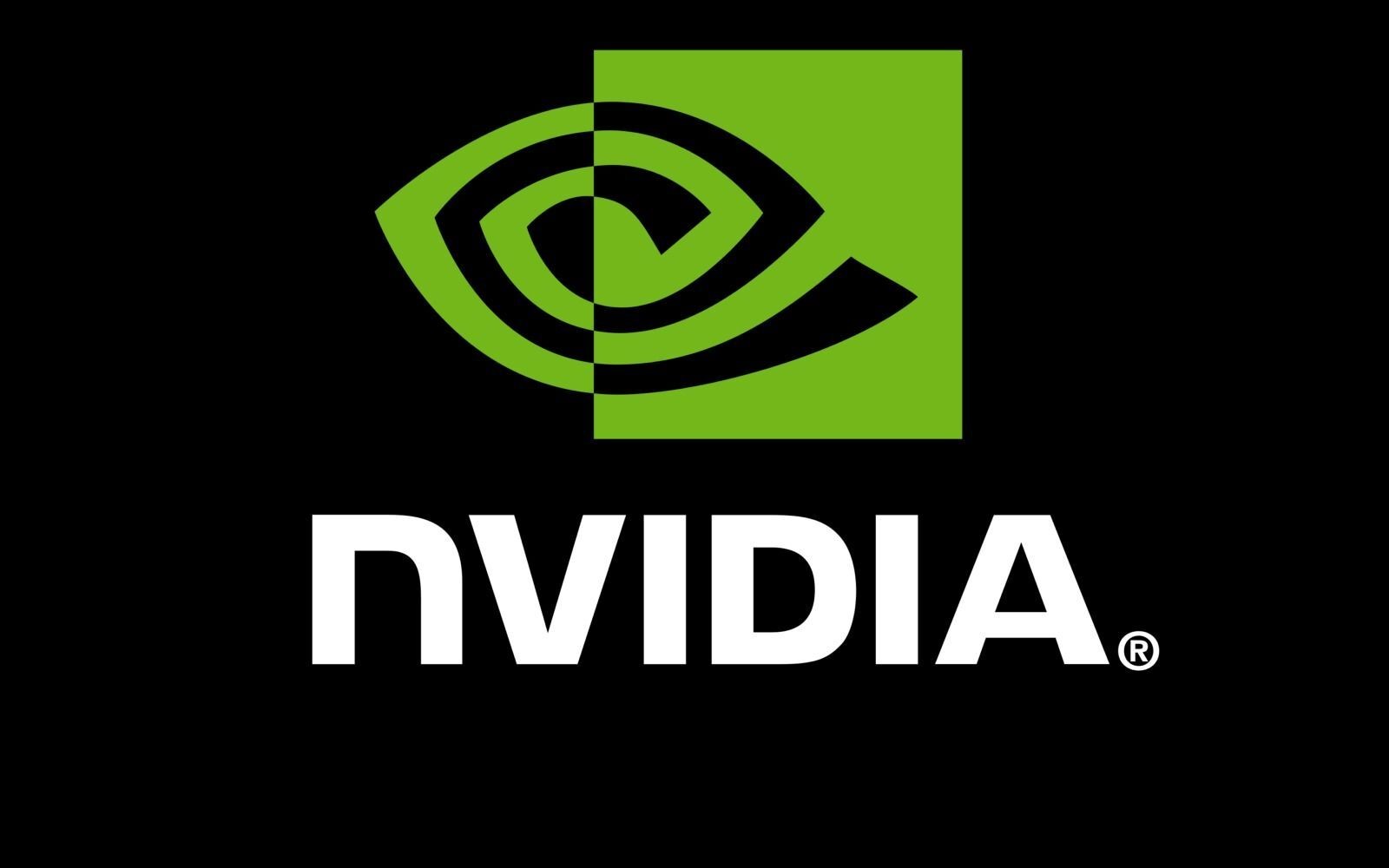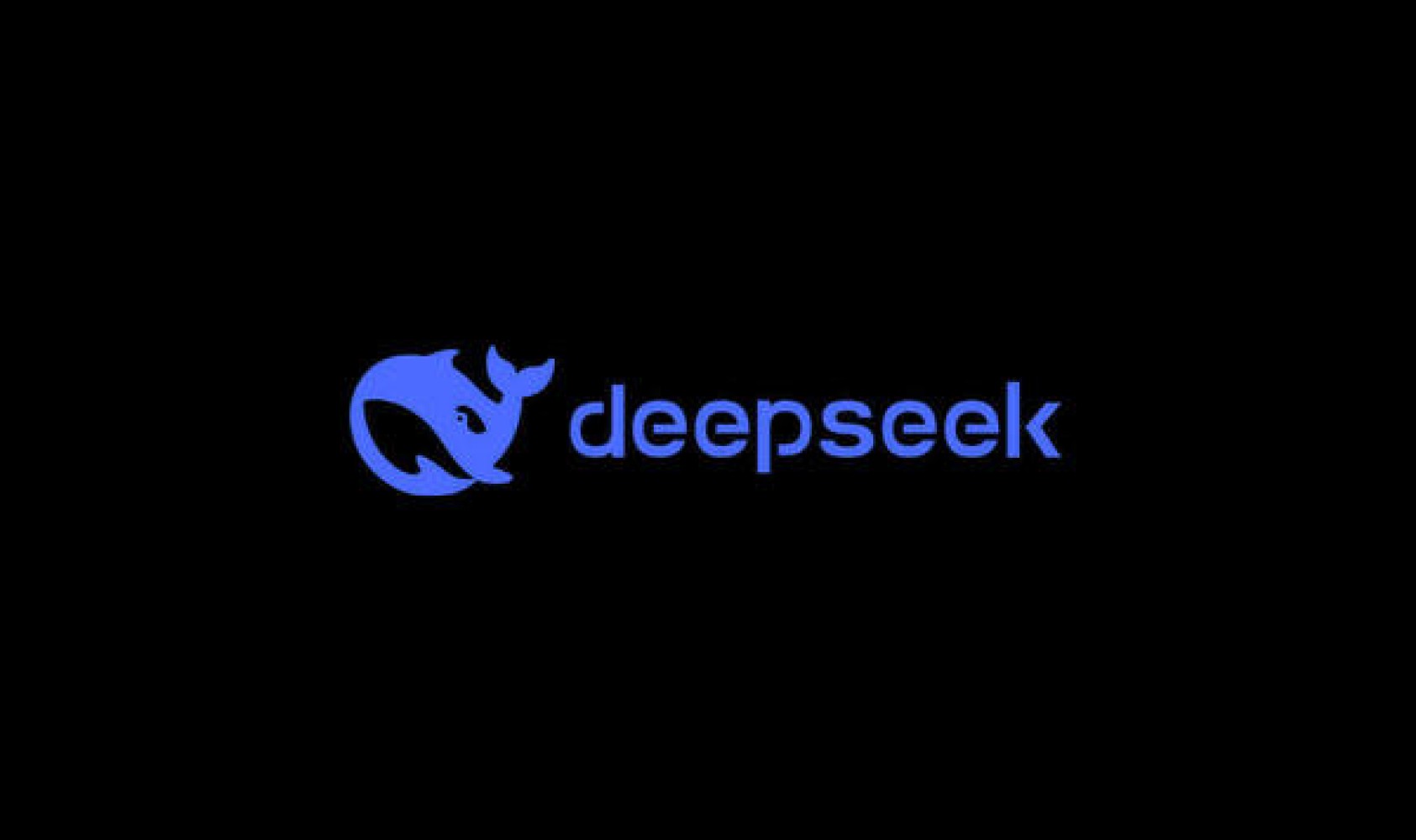As we navigate through 2025, the marketing landscape is undergoing significant transformations driven by technological advancements and evolving consumer behaviors. Here are some of the major marketing trends shaping this dynamic environment:
1. AI-Powered Personalization
Artificial Intelligence (AI) continues to revolutionize marketing by enabling hyper-personalized customer experiences. Brands are leveraging AI to analyze consumer data, predict behaviors, and deliver tailored content in real-time. This approach enhances customer engagement and drives conversions by meeting individual preferences and needs.
2. Immersive Technologies: AR and VR
Augmented Reality (AR) and Virtual Reality (VR) are becoming integral to marketing strategies, offering immersive experiences that engage consumers in novel ways. From virtual try-ons in fashion to interactive product demonstrations, these technologies bridge the gap between physical and digital experiences, enhancing customer interaction and satisfaction.
3. Voice Search and Conversational Marketing
The proliferation of voice-activated assistants like Alexa and Siri has led to an increase in voice searches. Brands are optimizing their content for voice search and developing conversational marketing strategies to engage customers through natural language interactions, providing seamless and efficient customer service.
4. Sustainability and Ethical Marketing
Consumers are increasingly favoring brands that demonstrate environmental responsibility and ethical practices. Marketing strategies that highlight sustainable initiatives and transparent operations resonate more with today's conscientious consumers, influencing their purchasing decisions.
5. Short-Form Video Content
The dominance of platforms like TikTok and Instagram Reels underscores the popularity of short-form video content. Brands are creating concise, engaging videos to capture attention quickly, leveraging storytelling techniques that align with the fast-paced consumption habits of modern audiences.
6. Influencer Marketing Evolution
Influencer marketing is evolving with a focus on authenticity and niche audiences. Micro and nano-influencers, who have smaller but highly engaged followings, are becoming valuable partners for brands seeking to build trust and connect with specific demographics.
7. Data Privacy and Trust
With increasing concerns over data privacy, brands are prioritizing transparent data practices and obtaining explicit consumer consent. Building trust through ethical data management is essential for maintaining customer relationships and complying with regulations.
8. Metaverse Marketing
The emergence of the metaverse presents new opportunities for brands to create virtual experiences and engage with consumers in immersive digital environments. Early adopters are exploring virtual stores, events, and interactive spaces to establish a presence in this expanding digital frontier.
9. Community-Centric Marketing
Building and nurturing online communities is becoming a focal point for brands aiming to foster loyalty and advocacy. Engaging with consumers in meaningful ways and facilitating platforms for user-generated content helps in creating a sense of belonging and brand affinity.
10. Seamless Omnichannel Experiences
Consumers expect a cohesive experience across all touchpoints. Brands are integrating online and offline channels to provide consistent interactions, ensuring that customers can transition smoothly between platforms and services.
Staying abreast of these trends is crucial for marketers aiming to remain competitive and responsive to the changing landscape. By embracing innovation and maintaining a customer-centric approach, brands can navigate the complexities of 2025's marketing environment effectively.




